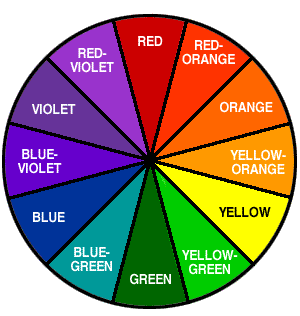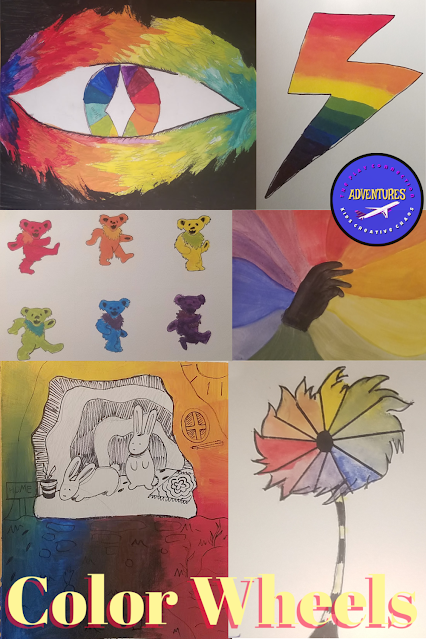“Carly Rae Jepsen’s Queer Renaissance” argues that Jepsen's music resonates with queer audiences because it celebrates desire without action. Queer audiences experience this throughout their lives - the longing for another often without being able to tell anyone or take action. This queer experience is often underrepresented in mainstream culture.
In the article, Michael Waters analyzes Jepsen's songs like "Call Me Maybe," "Boy Problems," and "I Really Really Like You," He says the music allows for diverse interpretations of desire, making her a queer "cult hero.” He says. “Jepsen’s music provides a sense of wholeness for a community often pressured to be out."
I was intrigued by the idea of Jepsen’s "invisibility" being a strength for a marginalized audience. It can relate to anyone who has felt unseen or shy about striking up a conversation in hopes of a new relationship, but that message connects with a queer audience because they often keep that part hidden.
Waters interrogates normativity in the narrative of pop music. Pop music is often romantically heterosexual, but feelings don’t always lead to action. He reinterprets Jepsen’s lyrics highlighting subtexts to uncover queer meanings that may not be intentional. Jepsen's music focuses on vague "feelings" rather than typical romantic outcomes and the queer community relates as they don’t always feel comfortable expressing their true feelings in public. The “other” may not be receptive to their feelings.
A Marxist theoretical lens would interpret Carly Rae Jepsen's music very differently from a queer theoretical lens. This lens would see pop music as a capitalist entity. The songs are created to generate profit. Therefore, the songs are designed to reach a wider audience to maximize sales. Jepsen or her label would be at the top with her staff, roadies, etc. being the workers.
Of all media texts, I am most familiar with Michael Jackson's "Billie Jean" music video. How does it fare under a queer theory analysis? If we disrupt binaries, the primary theme of "Billie Jean" revolves around Michael, a man, being pursued by a woman who claims he is the father of her child. A queer analysis might question this heterosexual framework. Remember, the lyrics say, “Billie Jean is not my lover, she’s just a girl who thinks that I am the one.” But, is Billie Jean really the antagonist, or is she a symbol for something else? What if the "baby" is also a symbol representing a hidden secret that Michael is trying to escape? “But the kid is not my son.” Is he trying to tell us that the kid couldn’t be his son because of his sexuality?
Michael is trying to run away. Is he showing that he is vulnerable and doesn’t want to let anyone see his true self. A queer lens could see this as a metaphor for being "in the closet." Based on interrogative normative, Jackson's persona is unique. He's not really masculine, in fact, he is somewhat non-binary by today’s standards. Perhaps, he is trying to run from the pressure to be more masculine. On the surface, the song's lyrics hint at a paternity scandal. A queer lens could see the baby as a stand-in for something else that society sees as unacceptable. The detective who follows Michael cannot catch him. The "truth" eludes those with a fixed normative understanding.
If you find this post interesting, I'll be posting more articles viewing Gilmore Girls and Ginny & Georgia through different lenses and sharing a little bit more about Media Communications as a high school homeschool lesson. If you want to practice public speaking, check back often for some descriptions and examples of different types of basic speech lessons including Persuasive, Argumentative, and Socratic seminars.
Recommended Reading:
Homeschool Lessons for Middle School and High School
























